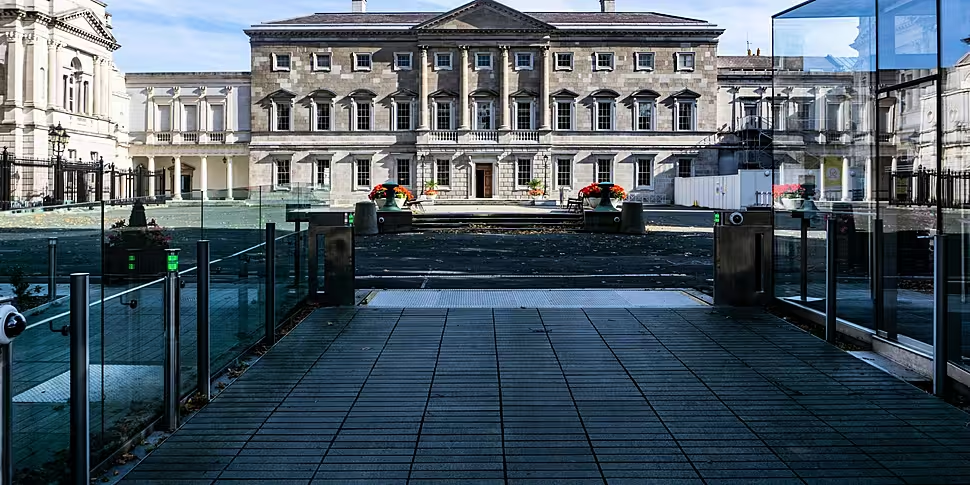Ahead of a general election, Budget 2025 might offer “four carrots and a stick” to win voters, according to an HR expert.
The Irish Independent reported today there are five key areas the Government should focus on if they’re hoping Budget 2025 could buy a few votes.
Budget 2025 will be delivered on October 1st, one week earlier than planned, which has fuelled speculation of an early election.
Louisa Meehan of Woodview HRM said these five aspects are essentially “four carrots and a stick”.
“The stick, I don't think will concern too many people,” she told The Anton Savage Show.
“They're potentially looking at increasing the bank levy to help cover the cost of some of the social welfare bonuses that are coming on – people will survive that.”
The Government is also looking at expanding the income tax band but keeping the 20% and 40% rates there – saving people on a higher band €600 a year.
Budget 2025 could also see the Universal Social Charge (USC) drop for the second year in a row, according to Ms Meehan.
“Again, that would benefit pretty much everybody,” she said.
Budget 2025 and inheritance
The budget might also increase the maximum amount of inheritance you receive before tax rates increase – especially after Taoiseach Simon Harris called the current system “punitive”.
Those who inherit €335,000 face a 35% tax.
“For people whose parents may not have a lot, but if they have a house and the house happens to be in an area perhaps in Dublin or any of the cities, you're very quickly heading into that tax bracket,” Ms Meehan said.
“My parents are in their 60s, they're not mega-wealthy, they live in Leitrim - but there isn't nothing.
“I and my sister have said to them, we're like, you know, you need to be talking to your accountant. You need to talk to a solicitor. There's no point in handing the government 40% of everything you've earned.
“We don't mind - go spend it, go on holidays, go do whatever you want - but don't pay 40% tax on it.”
The final carrot possibly in Budget 2025 is further increases in social welfare.
This year's €8.3 billion package will be above the 5% limit the Government imposed on itself.









